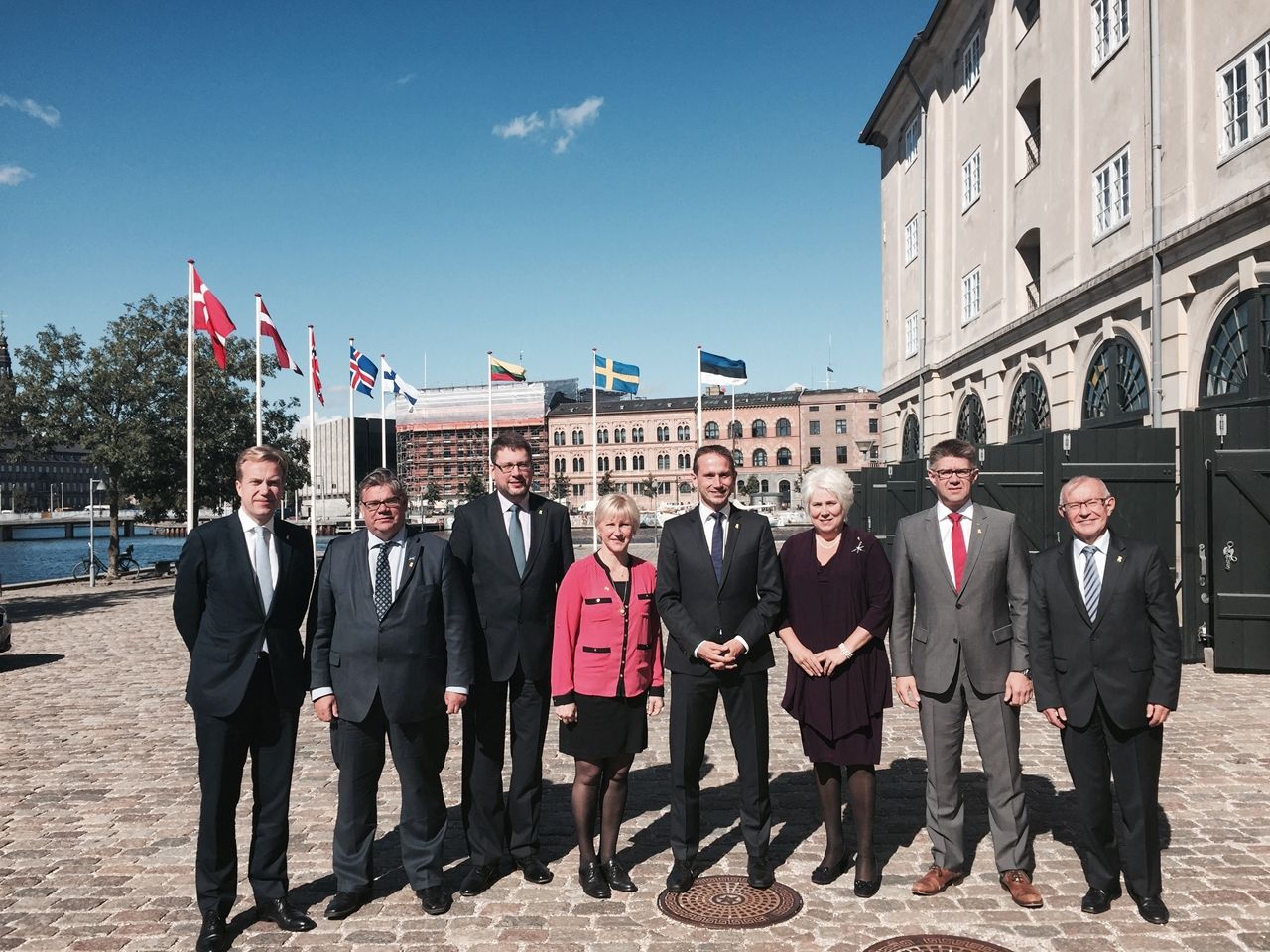The Nordic and Baltic foreign ministers met in Copenhagen this week to discuss a number of issues impacting on the two regions.
Foreign Minister Kristian Jensen hosted the event, the NB8 (Nordic Baltic 8), which consisted of discussions concerning the Ukraine/Russia situation, regional security, solidarity, climate and co-operation.
“Denmark has a close fellowship with the Nordic nations and the Baltics,” said Jensen.
“I put a lot of stock in our close co-operation and dialogue – particularly at a time when our region is experiencing increased instability and uncertainty from the east.”
“Regional co-operation and solidarity is the most effective answer to Russia’s behaviour towards the Baltic nations and Russian propaganda. The meeting confirms we stand alongside our Baltic neighbours and will continue to support Ukraine, apply pressure on Russia and protect our regional security.”
READ MORE: Jockeying for position in the Arctic, affairs remain cool … for now
COP21 pledge
The meeting also resulted in an agreement to contribute to and work towards ensuring more climate financing and an ambitious, global climate agreement at the COP21 summit in Paris this December.
The situation in Iraq and Syria and the current migration challenges in Europe were also part of the agenda this week.














